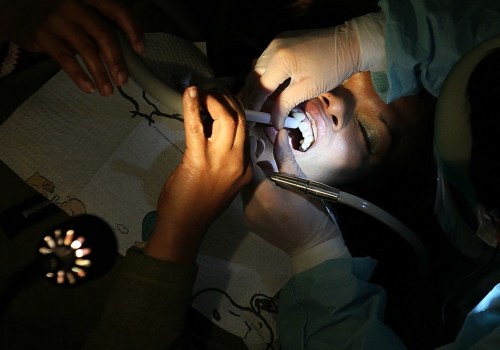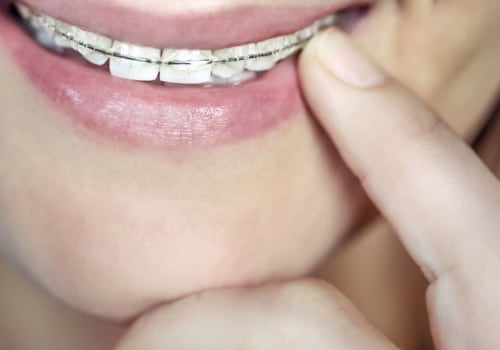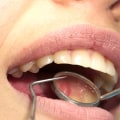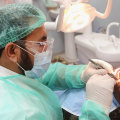Orthodontists are dentists who have specialized in the alignment of teeth. They spend a lot of time studying the jaw and the movement of the teeth, and then they address dental issues related to the alignment of the teeth and jaw. Most often they deal with problems related to the bite, called malocclusions. General dentists can sometimes provide orthodontic care to patients, but there are certain requirements that must be met before they can do so.
In order for a general dentist to offer orthodontics in their office, they must live up to the standard of care. This means that if a dentist can straighten and align teeth as well as an average orthodontist, then they can offer orthodontic appliances to their patients. Last fall, the Academy of General Dentistry (AGD) contacted the American Association of Orthodontists (AAO) to explain that these two statements are often true and not myths. Dentists have not completed the additional three years of full-time college education required to become orthodontists.
While you might see dentists advertising orthodontic treatments, only a dental professional who has received appropriate training can be called an orthodontist. In addition, the dentist examines the inside of the mouth for signs of oral diseases and gives you advice on how to maintain oral health. In the case of patients who need to remove a tooth (or teeth) before using orthodontic appliances, the orthodontist will refer the patient to their general dentist or, for more complex procedures, to an oral surgeon. After finishing dental school, dentists must complete and pass the National Dental Exam to become licensed professionals.
The orthodontist is much better at evaluating and predicting complications than the general dentist, so it is important to be careful when considering treatment from a general dentist. General dentists are a crucial healthcare provider who will ensure that your teeth are maintained in optimal health, in addition to providing comprehensive reconstruction of damaged or lost teeth, improvements in the shape and color of the teeth, and can work together on many patients to achieve the best possible bite and smile. If a general dentist wishes to offer Invisalign, they must first attend related workshops. I would discuss your concerns with your dentist: it is possible to move your teeth too quickly and this can damage the root of the tooth.
A general dentist is a competent professional in all aspects of dentistry, but they do not have the same level of experience as an orthodontist and their competence in orthodontics has never been officially evaluated. In conclusion, while general dentists can provide some orthodontic care, it is important to understand that they have not completed additional training required for an orthodontist. Orthodontists are better equipped to evaluate and predict complications than general dentists, so it is important to be aware of this when considering treatment from a general dentist.






